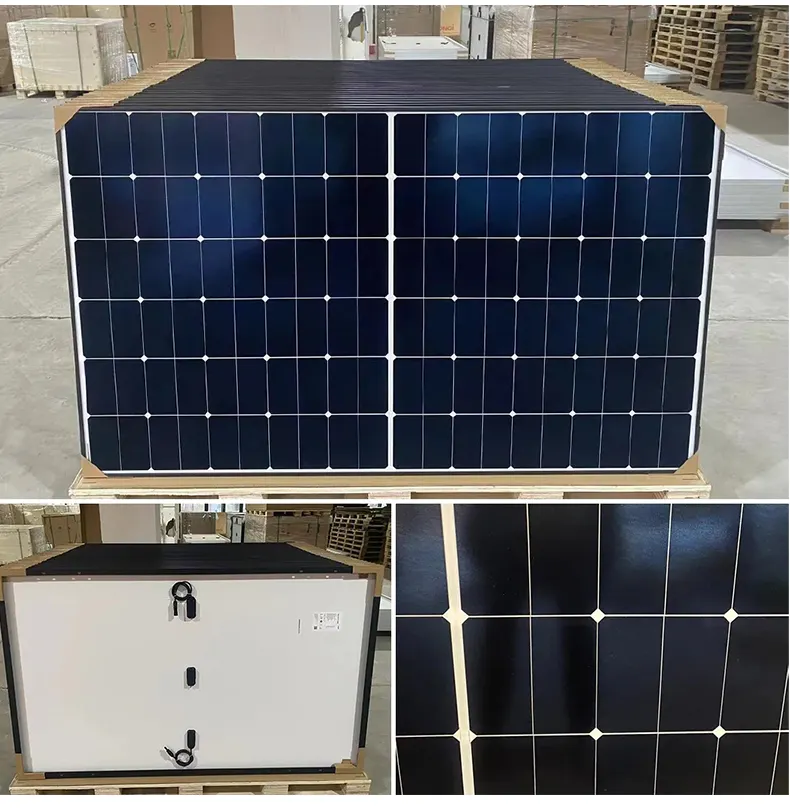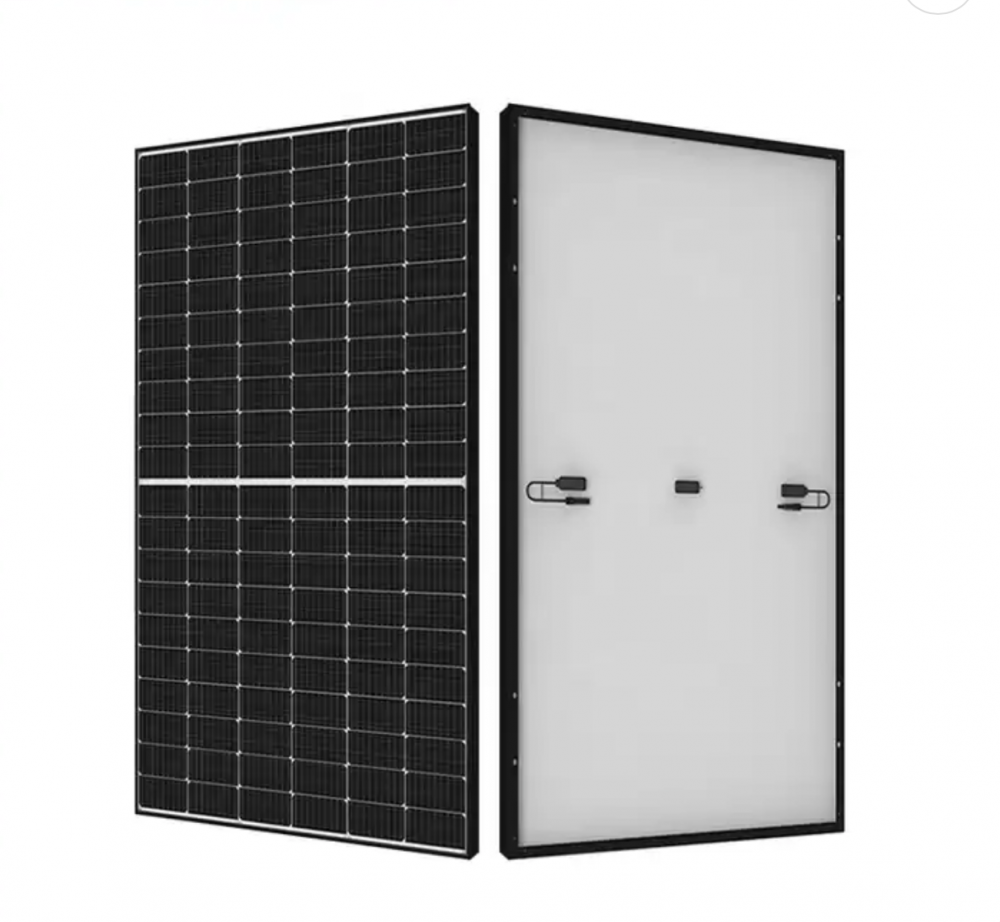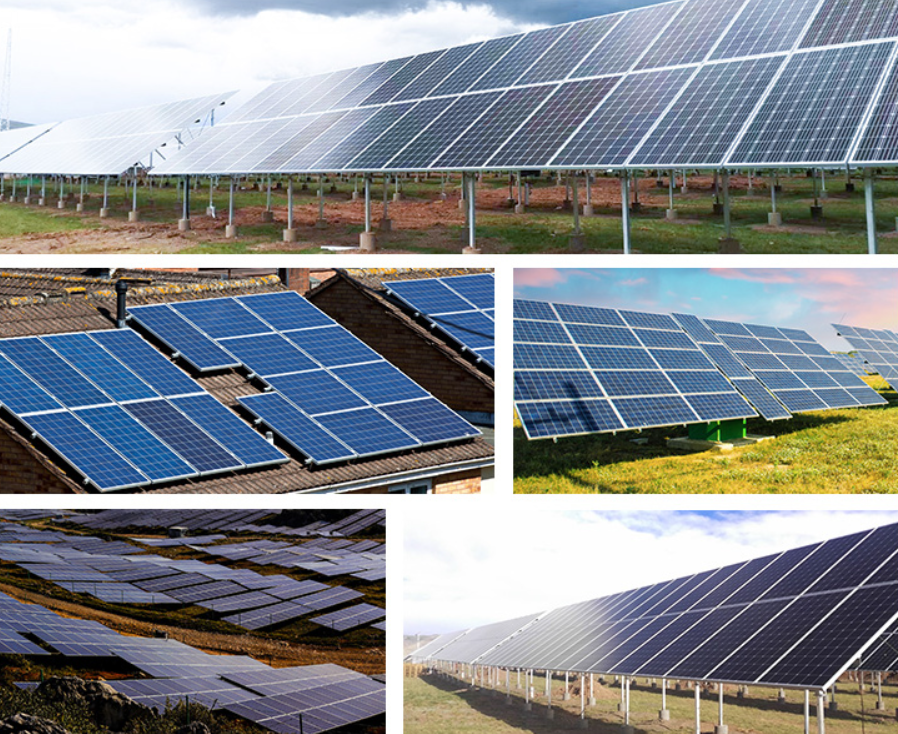Customized Solar Panel, 100watt solar panel,200watt solar panel, big solar panel, high efficiency high quality solar modules
different power customized and OEM logo customized solar panel
Customized solar panel data
Customized Solar Panel,Noncrystalline Solar Panel Module,Cheap Price Pv Solar Module,Solar Photovoltaic Pv Panel PLIER(Suzhou) Photovoltaic Technology Co., Ltd. , https://www.pliersolar.com
solar cell type
mono crystalline half cut cell
power range
50watt to max 700watt
size and weight
different size and different weight if the power is different
solar panel type
monofacial or bifacial
solar panel color
sliver or black
Product details and pic



Will it be a good business to enter the smart speaker market?
"In the era of the Internet of Everything, voice has emerged as the most natural form of human-to-machine communication in artificial intelligence. This shift has made voice the primary medium for human-computer interaction. Given this, major tech companies worldwide have gravitated toward smart speakers as a key entry point into this burgeoning voice-driven scene. The result has been an explosion of smart speaker releases, creating a fresh wave of innovation and opportunity.
However, while smart speakers might seem like a promising start, their adoption hasn't been without challenges. In China, where living spaces are often smaller and privacy concerns are heightened, the appeal of smart speakers remains limited. Despite this, companies continue to see value in them as potential hubs for controlling smart home devices.
Recently, Lenovo joined the fray with the introduction of SmartCast+, a voice-enabled smart speaker unveiled at their recent global innovation conference. Lenovo's move follows in the footsteps of tech giants like Amazon, Google, Apple, and Alibaba, all of whom have already entered the smart speaker market. Even Baidu has expressed interest, hinting at plans to release its own smart speaker in collaboration with hardware partners.
Smart speakers, despite their advanced features, still fall short of true "intelligence." While they can handle basic commands and queries, complex tasks often leave users frustrated. Liu Wei from Beijing University of Posts and Telecommunications noted that current smart speakers excel at answering straightforward questions about "who," "what," and "where," but struggle with more nuanced inquiries involving "why" or "how." This limitation stems from the broader challenge of understanding human language and context fully.
The push into smart speakers is driven partly by the success of Amazon’s Echo. Its rapid rise to popularity demonstrated the untapped potential of voice-controlled devices. However, replicating this success in markets like China has proven difficult due to cultural differences and varying consumer habits. As Di Yun, CEO of a multimedia content cloud solution provider, put it, "Chinese consumers prioritize functionality over sound quality."
Despite these hurdles, smart speakers represent a logical step toward integrating voice capabilities into everyday devices. Xiang Yang from CCID Consulting suggests that affordable smart speakers offer a low-risk entry point for companies looking to expand their reach. Yet, predicting which company will fully replicate Amazon's success remains uncertain. Factors like technological prowess, user experience, marketing strategy, and even luck play critical roles in determining a product's market viability.
Looking ahead, the race to dominate voice interaction represents more than just a competitive battleground—it’s about securing a foothold in the future of smart homes. Liu Xingliang from DCCI Internet Research Institute outlines three distinct phases of human-computer interaction: the click era, the touch screen era, and now the voice era. Each phase reflects a shift in how humans interact with technology, and each presents opportunities for companies to establish new standards.
For smart homes, however, the road ahead is fraught with complexity. Liu Wei emphasizes that true smart homes require more than just automated controls—they demand an intimate understanding of user behavior and preferences. Achieving this balance is far from straightforward, requiring not just technological advancements but also a profound appreciation for human nature.
Moreover, smart homes involve far more than individual devices. They encompass interconnected ecosystems that must work seamlessly together. Fragmentation among different brands and protocols poses a significant barrier to widespread adoption. As Hesheng aptly pointed out, coordinating a range of smart appliances under one roof remains a daunting task.
Ultimately, while the smart speaker market continues to heat up, the broader vision of smart homes remains a work in progress. True progress will depend not only on technological refinement but also on societal acceptance and infrastructure development. Until then, the dream of a fully integrated smart home remains just that—a dream."